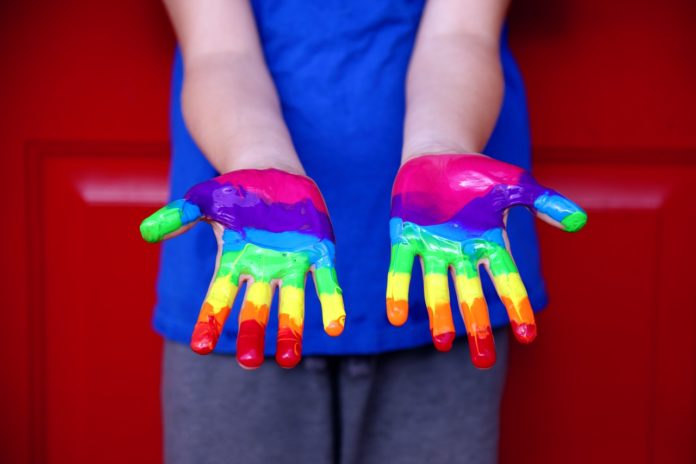The Joint Council on Youth of the Council of Europe has released the priorities for the forthcoming biennium 2020-21: access to rights, youth participation and work, inclusive and peaceful societies. Organisations wishing to apply for a grant shall focus on these youth priorities.
The projects will be evaluated by the Programming Committee on Youth, the co-managed body taking decisions on the programme of the youth sector (including the grants awarded by the European Youth Foundation).
Access to rights
The first goal is supporting young people and youth organisations in accessing their rights and advocating education for human rights and democracy.
The steps through which accomplish this priority are:
- A roadmap on the dissemination of Committee of Ministers’ Recommendation CM/Rec(2016)7 on young people’s access to rights;
- Support measures to member states, local authorities and youth organisations to follow-up the conclusions of the review of Committee of Ministers’ Recommendation CM/Rec(2015)3 (access of young people from disadvantaged neighbourhoods to social rights);
- The continuation of the Human Rights Education Youth Programme;
- Indentification and remedies for the shrinking civic space on young people and youth organisations. Young people’s access to rights requires the removal of legal, political and social barriers.
Youth participation and youth work
The second of the youth priorities is the empowerment of young people and youth organisations. They shall be given the chance to develop youth policies and youth work, as well as to get involved and make an impact in the community they live in. Hence, any barrier or obstacle should be removed. This can be achieved through:
As for the young people:
- Supporting young people to access their rights to assemble and freely form, join and be active in associations; enhancing young people’s meaningful participation in political processes;
- Supporting youth participation in internet governance processes;
- Promoting the Revised European Charter on the Participation of Young People in Local and Regional Life and supporting member states and youth organisations to implement its principles;
- Further disseminating the “Have your say” manual to public authorities and the non-governmental sector.
As for the youth work:
- Pursuing the dissemination and implementation of Committee of Ministers’ Recommendation CM/Rec(2017)4 on youth work, developing and promoting a European youth work agenda;
- Supporting the quality development, sustainability and recognition of youth work and non-formal education and learning, notably through the use of Council of Europe instruments in the member states (e.g. through the Council of Europe Quality Label for Youth Centres and the Council of Europe Youth Work Portfolio).

Inclusive and peaceful societies
The third priority aims at supporting young people and youth organisations in their work on peace building and social cohesion, to prevent and combat discrimination and exclusion. This will develop in two directions: first, by promoting social inclusion, fostering active participation, gender equality and combating all forms of discrimination on the grounds of Article 14 of the European Convention on Human Rights. The specific targets are:
- Roma youth and other minority groups;
- Young refugees and their transitionfrom childhood to adulthood;
- Young people with disabilities;
- LGBTQI young people;
- Young women and girls.
Secondly, by enabling young people to promote peaceful societies by providing them with opportunities to play an active role in:
- Intercultural dialogue/learning;
- Peacebuilding and conflict transformation;
- Challenging the rise of nationalism and populism;
- Co-operation with neighbouring and other world regions.
Read more about the Council of Europe priorities on their dedicated page.
For an overview of the funding possibilities and calls by the CoE, click on the following link (or have a look at ournews section).




